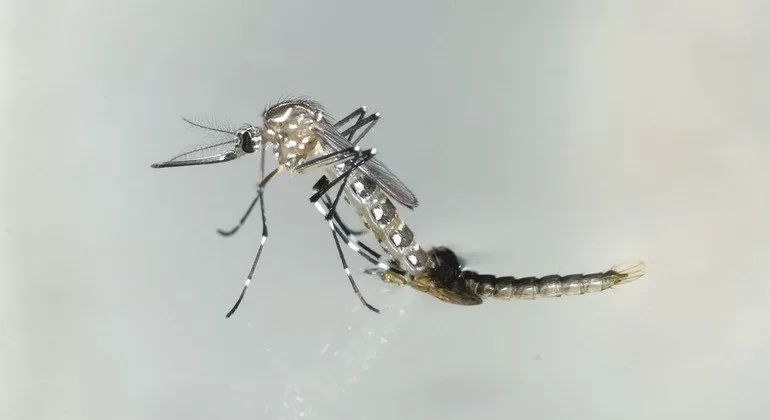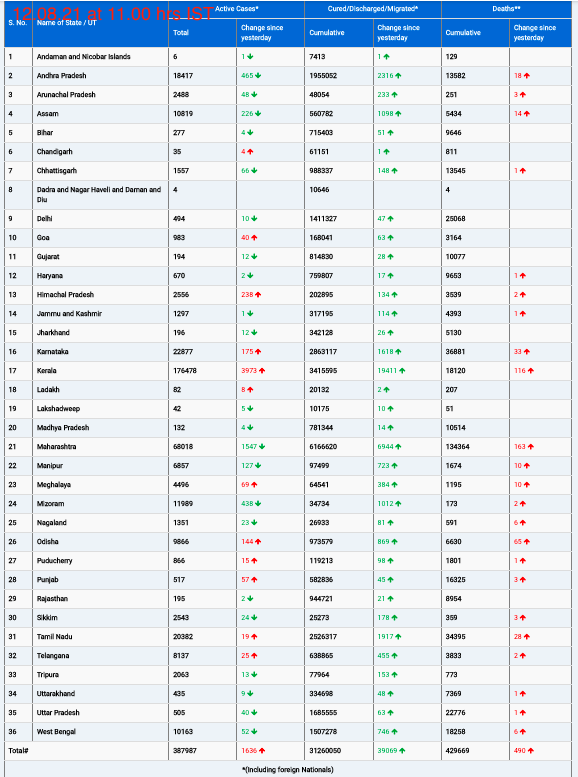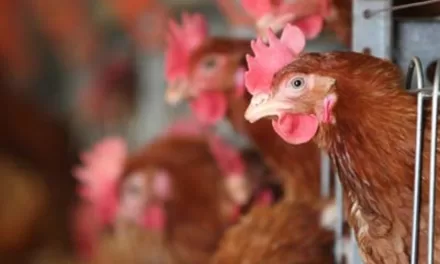In a breakthrough study, scientists have uncovered the mystery behind a decades-old dengue outbreak in the South Pacific, revealing how a single genetic mutation in the dengue virus dramatically altered its behavior and impact. This landmark research, led by Duke-NUS Integrated Biology and Medicine Ph.D. candidate Allyson Choi, has been published in Science Translational Medicine.
The mystery dates back to the 1970s, when a significant dengue outbreak began in Tahiti, New Caledonia, Fiji, and the Niue islands. The outbreak initially presented with severe cases but shifted as it spread to Tonga, where most cases were asymptomatic or mild. The abrupt change in the severity of the illness puzzled researchers for decades.
Determined to solve this enigma, Choi embarked on an in-depth investigation into the genetic makeup of dengue virus 2 isolates collected by Duke-NUS Emeritus Professor Duane Gubler. Her objective was to uncover any genetic mutations responsible for the change in epidemic severity.
Under the guidance of Professor Ooi Eng Eong at the Duke-NUS Emerging Infectious Diseases Program, Choi discovered a pivotal mutation in the dengue virus genome. This mutation impaired the virus’s ability to replicate within human cells, leading to lower virus loads and asymptomatic infections among patients.
Remarkably, the same mutation enhanced the virus’s ability to infect Aedes aegypti mosquitoes, which facilitated its transmission in Tonga without causing a full-scale outbreak. This dual impact of the mutation underscores how a single genetic change can significantly influence both the transmission dynamics and disease outcomes of a virus.
Professor Ooi remarked, “The finding shows that even as little as a single mutation can have profound effects on virus transmission and infection outcome in terms of disease.”
Choi’s research, a significant component of her Ph.D. project, has been recognized in the prestigious journal Science Translational Medicine. Reflecting on her achievement, Choi expressed her gratitude: “It is a great honor. As a student, the learning curve to becoming a competent researcher was steep. Fortunately, my colleagues in Prof Ooi’s lab were tremendously helpful. Prof Ooi was also patient and gave me valuable guidance throughout my project. I am thankful for all the opportunities, people, and blessings that have come my way.”
Choi hopes that her study will contribute valuable insights into dengue virus evolution and enhance the broader understanding of how genetic mutations can impact viral behavior.
For further details, refer to the publication: Allyson N. X. Choi et al., “A prM mutation that attenuates dengue virus replication in human cells enhances midgut infection in mosquitoes,” Science Translational Medicine (2024). DOI: 10.1126/scitranslmed.adk4769.












